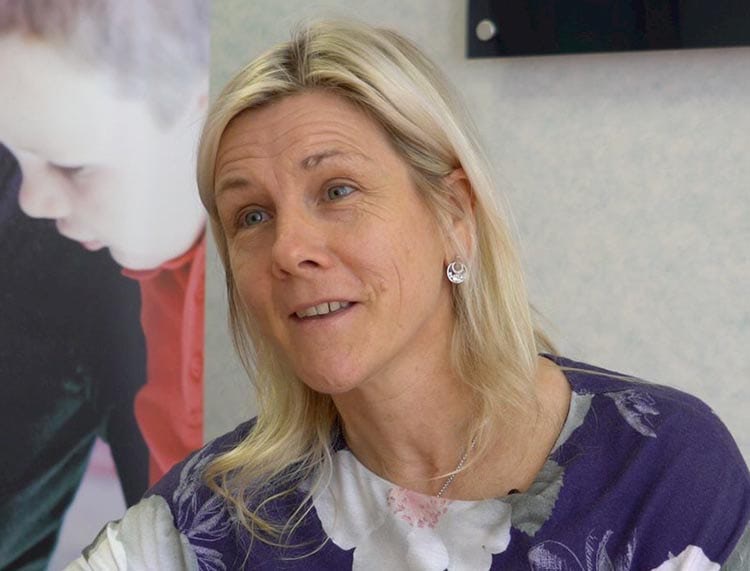Covid Recovery: Why we can’t let young people down

The devastating impact of Covid-19 has been experienced by all sectors of our society. Whilst intense loss has been experienced right across the country, the damage to young people has undeniably been disproportionate. Their generation has endured school closures, exam cancellations and job losses, with a monumental 80% of jobs lost during the pandemic having been for under 35s. .
Unfortunately these negative effects are likely to endure, with The Prince’s Trust and Learning and Work Institute revealing that youth unemployment will remain high after other areas of the economy begin to recover. In terms of lost earnings and employment prospects, the damage to young people entering the labour market in 2021 is forecast to be a staggering £14.4 billion over the next seven years. We must remember that even a short period of unemployment can have a scarring effect – often being linked to mental health issues later in life.
The issue with constantly focussing on the detrimental effects of youth unemployment, is however the potential it has to reinforce a negative rhetoric that there is no hope. As adults in a position of influence, be it a parent, teacher, youth worker or politician – we need to be mindful of the power of words and the implications of suggesting that a generation is or has been ‘ lost’.
Mindset has become incredibly important for young people through COVID, not only in how they respond to uncertainty and change, but how they frame their responses to those challenges. Young people have shown immense resourcefulness and resilience over the past year, with research by nfpSynergy even reporting an increase in volunteering among under 30s since the start of the pandemic.
As we recover from COVID in a challenging economy, we have a duty to encourage young people to develop their curiosity, look for opportunities, learn from what works and what doesn’t, and adapt their approach to fast changing environments. Key to supporting young people is also supporting them to value the skills they’ve developed in the pandemic and to reflect on how they’ve adapted to uncertainty and to transfer skills to future opportunities.
Many young people have showcased a positive and enterprising mindset as a way of responding to the situation they are finding themselves in. We’ve seen young people developing new businesses that are focused on COVID related solutions and others selling products on the Young Enterprise Online Trading Platform and making a profit. This kind of entrepreneurial spirit goes to show just how invaluable their contribution brilliant could be in a workplace environment – and we know businesses are looking for new ways to problem solve brand new situations we all find ourselves in.
Despite the challenges, the current environment is also providing opportunities for young people to apply those qualities of resourcefulness and curiosity, which could lead to careers in new and strengthening sectors evolving. There is a surplus of job openings in the digital sector for example, with over 10% of job vacancies in the UK now in the tech industry. A job in the digital sector does not solely have to be about learning code. This could be a creative or managerial role in the industry for example.
While jobs might be scarce in the short-term, mindset can be incredibly powerful in shaping futures and encouraging young people to succeed and think beyond the immediate challenge. Young people should not be viewed as passive bystanders and certainly not pigeonholed as the lost generation, but nurtured and encouraged, as having a significant contribution to make to our recovery.
Sharon Davies, CEO of Young Enterprise











Responses